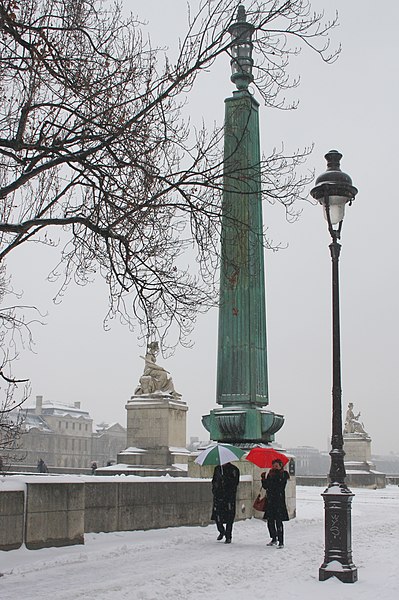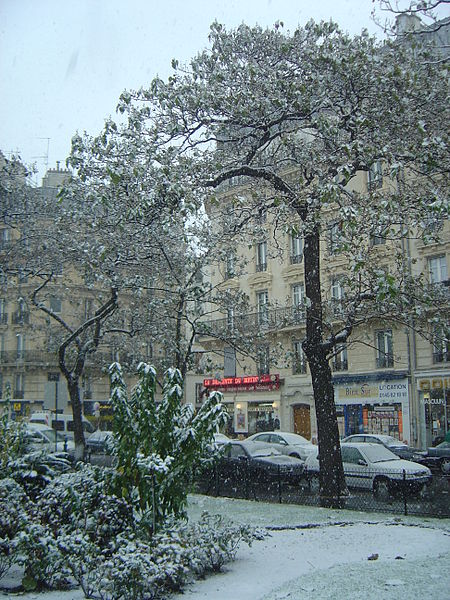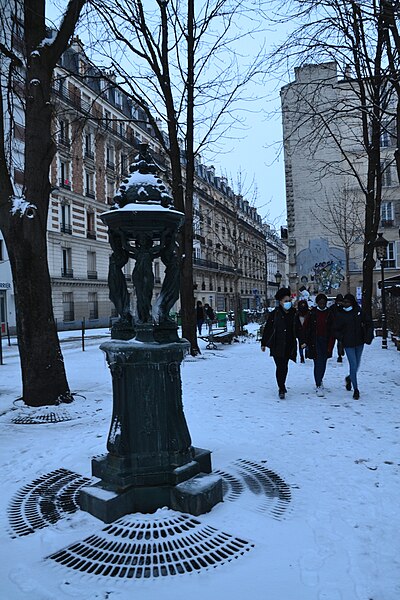
Through the generosity of the late Professor Benedict Anderson and Ajarn Charnvit Kasetsiri, the Thammasat University Library has newly acquired some important books of interest for students of Association of Southeast Asian Nations (ASEAN) studies, political science, sociology, and related fields.
They are part of a special bequest of over 2800 books from the personal scholarly library of Professor Benedict Anderson at Cornell University, in addition to the previous donation of books from the library of Professor Anderson at his home in Bangkok. These newly available items will be on the TU Library shelves for the benefit of our students and ajarns. They are shelved in the Charnvit Kasetsiri Room of the Pridi Banomyong Library, Tha Prachan campus.
Among them is a newly acquired book that should be useful to TU students who are interested in philosophy, literature, cultural studies, European history, sociology, and related subjects.
The Age of Reason is a novel published in 1945 by the French philosopher Jean-Paul Sartre.
The TU Library collection includes other books by and about Sartre.
According to the Stanford Encyclopedia of Philosophy:
Few philosophers have been as famous in their own life-time as Jean-Paul Sartre (1905–80). Many thousands of Parisians packed into his public lecture, Existentialism is a Humanism, towards the end of 1945 and the culmination of World War 2. That lecture offered an accessible version of his difficult treatise, Being and Nothingness (1943), which had been published two years earlier, and it also responded to contemporary Marxist and Christian critics of Sartre’s “existentialism”. Sartre was much more than just a traditional academic philosopher, however, and this begins to explain his renown. He also wrote highly influential works of literature, inflected by philosophical concerns, like Nausea (1938), The Roads to Freedom trilogy (1945–49), and plays like No Exit (1947), Flies (1947), and Dirty Hands (1948), to name just a few. He founded and co-edited Les Temps Modernes and mobilised various forms of political protest and action. In short, he was a celebrity and public intellectual par excellence, especially in the period after Liberation through to the early 1960s. Responding to some calls to prosecute Sartre for civil disobedience, the then French President Charles de Gaulle replied that you don’t arrest Voltaire.
While Sartre’s public renown remains, his work has had less academic attention in the last thirty or so years ago. […] Likewise, few philosophers have seriously grappled with Sartre’s later works, including his massive two-volume Critique of Dialectical Reason (1960), or his various works in existential psychoanalysis that examine the works of Genet and Baudelaire, as well as his multi-volume masterpiece on Flaubert, The Family Idiot (1971–2). These are amongst the works of which Sartre was most proud.

The novel, set in the Paris in 1938, focuses on three days in the life of philosophy teacher Mathieu.
The Age of Reason is concerned with Sartre’s conception of freedom as the ultimate aim of human existence.
The work tries to illustrate the existentialist idea of ultimate freedom by presenting a detailed account of the characters’ psychologies as they are forced to make decisions in their lives.
The novel repeats some of the main themes in Sartre’s philosophical study Being and Nothingness (1943).
One of the concepts is that ultimately, a person’s freedom cannot be attacked as it is basically part of the imagination that cannot be taken away or destroyed.

Here are some excerpts from The Age of Reason:
“The individual’s duty is to do what he wants to do, to think whatever he likes, to be accountable to no one but himself, to challenge every idea and every person.”
― Jean-Paul Sartre, The Age of Reason
“Perhaps it’s inevitable; perhaps one has to choose between being nothing at all, or impersonating what one is. That would be terrible,’ he said to himself: ‘it would mean that we were duped by nature.”
― Jean-Paul Sartre, The Age of Reason
“If I didn’t try to assume responsibility for my own existence, it would seem utterly absurd to go on existing.”
― Jean-Paul Sartre, The Age of Reason
“He yawned; he had finished the day, and he had also finished with his youth. Various tried and proved rules of conduct had already discreetly offered him their services: disillusioned epicureanism, smiling tolerance, resignation, flat seriousness, stoicism–all the aids whereby a man may savor, minute by minute, like a connoisseur, the failure of a life… ‘I have attained the age of reason.”
― Jean-Paul Sartre, The Age of Reason
“With older people, it’s quite different. They’re reliable, they show you what to do, and there’s solidity in their affection.”
― Jean-Paul Sartre, The Age of Reason
“What a torment it is not to be rich! It gets one into such abject situations.”
― Jean-Paul Sartre, The Age of Reason
“I’m not obstinate, I’m highly strung: I don’t know how to let myself go. I must always think of what is happening to me – it’s a form of self-protection.”
― Jean-Paul Sartre, The Age of Reason
“Love was not something to be felt, not a particular emotion, nor yet a particular shade of feeling, it was much more like a lowering curse on the horizon, a precursor of disaster.”
― Jean-Paul Sartre, The Age of Reason
Whatever happens, it is by my agency that everything must happen.’ Even if he let himself be carried off, in helplessness and despair, even if he let himself be carried off like an old sack of coal, he would have chosen his own damnation: he was free, free in every way, free to behave like a fool or a machine, free to accept, free to refuse, free to equivocate: to marry, to give up the game, to drag this dead weight around with him for years to come. He could do what he liked, no one had the right to advise him, there would be for him no Good or Evil unless he brought them into being. All around him things were gathered in a circle, expectant, impassive, and indicative of nothing. He was alone, enveloped in this monstrous silence, free and alone, without assistance and without excuse, condemned to decide without support from any quarter, condemned forever to be free.’
― Jean-Paul Sartre, The Age of Reason
The individual’s duty is to do what he wants to do, to think whatever he likes, to be accountable to no one but himself, to challenge every idea and every person.
― Jean-Paul Sartre, The Age of Reason

(All images courtesy of Wikimedia Commons)
